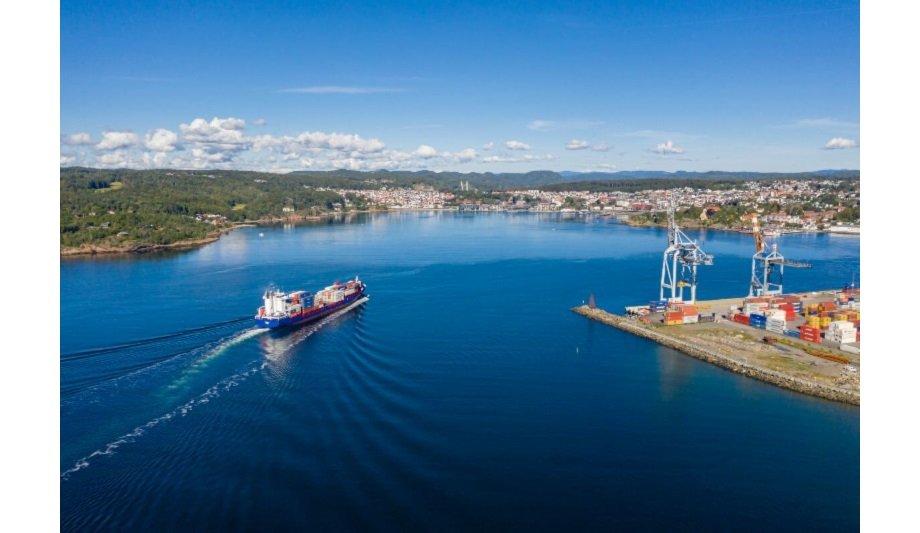Signatories of the Call to Action for Shipping Decarbonisation urge pioneers to align shipping with the Paris Agreement temperature goal. The private sector is already taking important steps to decarbonise global supply chains. Now governments must deliver the policies that will supercharge the transition and make zero-emission shipping the default choice by 2030.
Full decarbonisation of international shipping is urgent and achievable. This is the clear message from Unifeeder and more than 150 industry pioneers and organisations representing the entire maritime value chain, including shipping, cargo, energy, finance, ports, and infrastructure.
Critical climate negotiations
In conjunction with the UN General Assembly and ahead of critical climate negotiations at COP26 in Glasgow this November, they call on governments to work together with industry to deliver the policies and investments needed to reach critical tipping points in decarbonising global supply chains and the global economy.
They call on governments to work together with industry to deliver the policies and investments
Other signatories to the Call to Action for Shipping Decarbonisation include some of the world’s largest actors in global trade: A.P. Moller - Maersk, BHP, BP, BW LPG, Cargill, Carnival Corporation, Citi, Daewoo Shipbuilding & Marine Engineering, Euronav, GasLog, Hapag-Lloyd, Lloyd’s Register, Mitsui O.S.K. Lines, MSC Mediterranean Shipping Company, Olympic Shipping and Management, Panama Canal Authority, Port of Rotterdam, Rio Tinto, Shell, Trafigura, Ultranav, Volvo, and Yara.
Taking concrete actions
Ships transport around 80% of global trade and account for about 3% of global greenhouse gas (GHG) emissions. In 2018, the UN’s International Maritime Organization (IMO) adopted an initial GHG strategy. It aims to reduce international shipping’s total annual GHG emissions by at least 50% of 2008 levels by 2050. The strategy is set to be revised in 2023.
The private sector is already taking concrete actions to decarbonise shipping. This includes investing in RD&D and pilot projects, ordering and building vessels operated carbon neutrally, buying zero-emission shipping services, investing in the production of net-zero emission fuels, investing in port and bunkering infrastructure, and assessing and disclosing the climate alignment of shipping-related activities.
Shipping-related activities
Support industrial-scale zero-emission shipping projects through national action
“Decarbonising shipping should leave no country behind. To make the transition to zero-emission shipping and fuels equitable and inclusive, policy measures must make sure that decarbonising shipping also brings jobs and opportunities to people in developing countries and emerging economies,” says Johannah Christensen, Chief Executive Officer of the Global Maritime Forum.
Signatories of the Call to Action for Shipping Decarbonisation call on world leaders to:
- Commit to decarbonising international shipping by 2050 and deliver a clear and equitable implementation plan to achieve this when adopting the IMO GHG Strategy in 2023.
- Support industrial-scale zero-emission shipping projects through national action, for instance by setting clear decarbonisation targets for domestic shipping and by providing incentives and support to first movers and broader deployment of zero-emissions fuels and vessels.
- Deliver policy measures that will make zero-emission shipping the default choice by 2030, including meaningful market-based measures, taking effect by 2025 that can support the commercial deployment of zero-emission vessels and fuels in international shipping.
The Call to Action for Shipping Decarbonisation has been developed by a multi-stakeholder task force convened by the Getting to Zero Coalition – a partnership between the Global Maritime Forum, the World Economic Forum, and Friends of Ocean Action.










